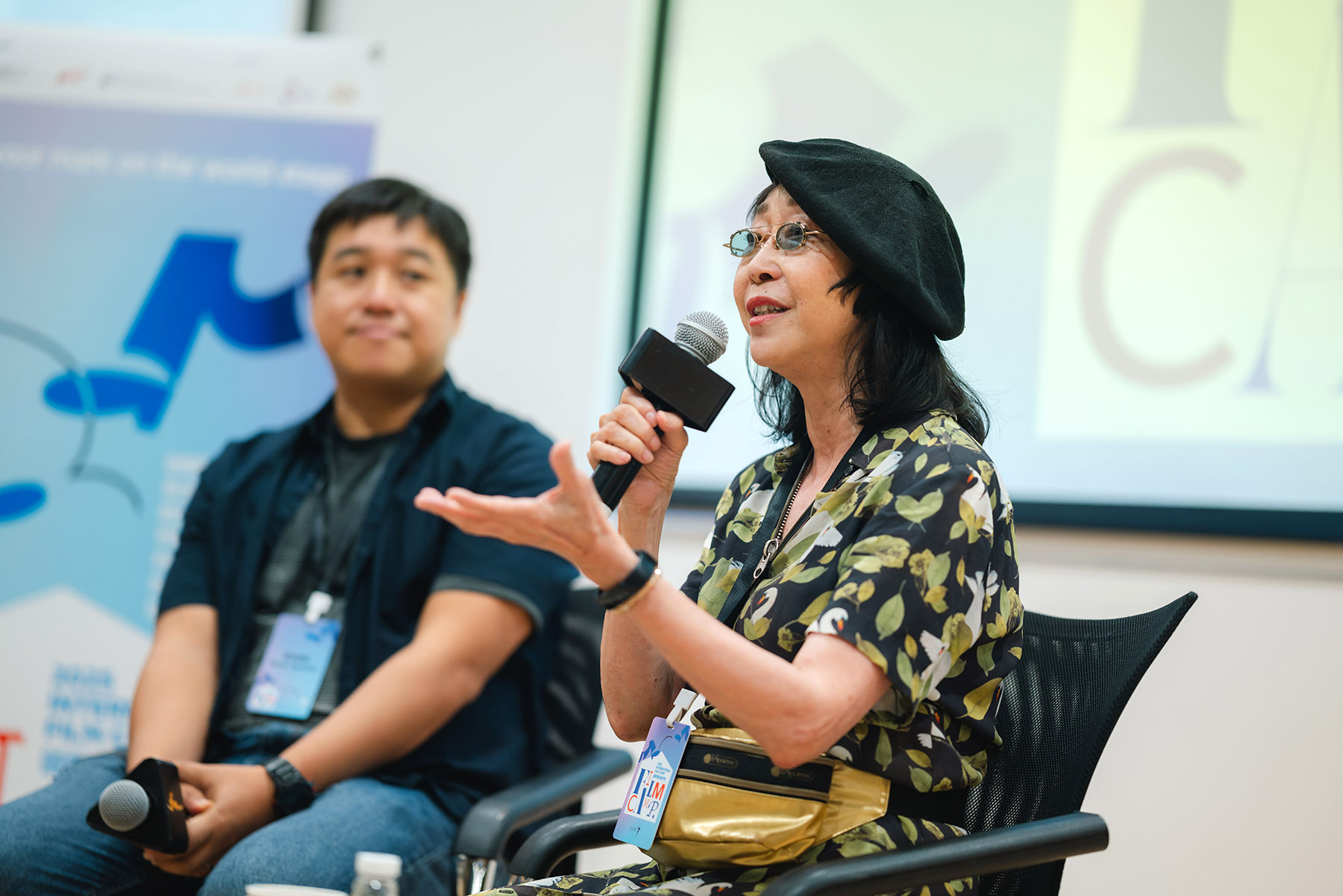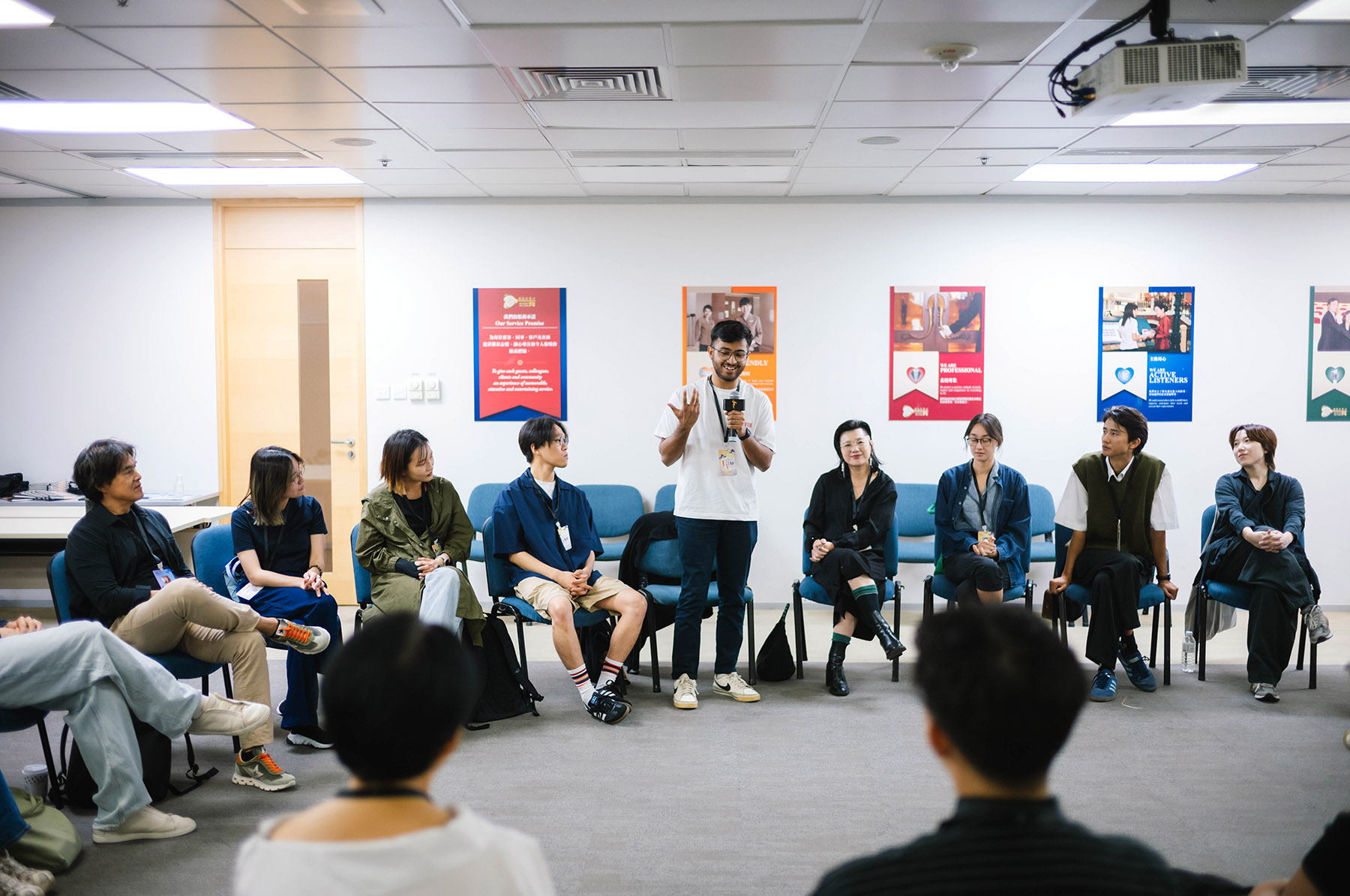
Hong Kong director Mabel Cheung has a simple message for the group of young filmmakers gathered inside a lecture theater deep within a Macao casino complex.
“You will need to have a lot of faith in yourself,” she says. “So that when you are down, you can climb back up again.”
Every film personality addressing the successful participants of this five-day International Film Camp (IFC), held from Sept 11-15, seems up front about the ground realities from the get-go. There’s little sugarcoating applied to the state of the moviemaking business today. The speakers include acclaimed directors such as Cheung (The Soong Sisters), Singapore’s Anthony Chen (Ilo Ilo) and Brilliante Mendoza (Kinatay) of the Philippines, besides industry representatives like Far East Film Festival director Sabrina Baracetti, Bucheon International Fantastic Film Festival director Thomas Nam, and John Chong, co-founder and producer at film production company Media Asia Group. None of them shies away from the fact that the industry, in Hong Kong and far beyond, is struggling in the face of falling productions levels and increased competition to grab eyeballs.
But the point of such an initiative is also to rally the troops in the face of such battles. There’s an infectious enthusiasm in the room as the 16 hopefuls selected from across Asia for this year’s second IFC edition introduce themselves, and their filmmaking dreams.
ALSO READ: Young and hopeful
Two sessions in on day one, Hong Kong-based hopeful Genie Hui — a music video-maker and scriptwriter with an ambition to make a feature film — says that she has already taken a lot on board. “These filmmakers have been talking about their own stories, their films, and how personal the experience of making a film is,” she says. “What Mabel said really made me think. If we are to become directors, we must be honest with ourselves and just sit with uncertainties, sometimes …”

While the IFC was designed to present creative people aged 21-40 a chance to expand their knowledge, it’s also very much about finding opportunities. Applicants’ proposals for a short film include details on “treatment, a director’s statement, and production plan, along with a five-minute sample reel of work or works directed by the applicant”. Eight successful pitches win production grants worth a total of HK$300,000 ($38,590).
Run by the Hong Kong-based Asian Film Awards Academy, the initiative has a simple remit — “to promote the works of emerging filmmakers and enable their projects to reach a wider audience”.
The best short films made with support from the program join the annual Asian Cinerama tour. Previous editions of the road show have traveled to international film festivals in Hawaii (the United States), Chennai (India), Kyoto (Japan), Manila (the Philippines), Warsaw (Poland), Vladivostok (Russia), Barcelona (Spain), and Helsinki (Finland).
The first edition of the camp, held in 2024, produced a number of acclaimed shorts that went places. Mongolian director Lkhagvadulam Purev-Ochir’s A South Facing Window won two awards at the Locarno Film Festival in Switzerland.
ALSO READ: Starry nights at Busan
Quist Tsang, a film-set still photographer and film-poster creator from Hong Kong, was drawn to IFC 2025 believing that the energy she has poured into her careers so far needed to find a new outlet.
A visit to the Cannes Film Festival in May this year catalyzed her decision to consider a career switch. “The more I talked to people there, the more they encouraged me to just start telling my own stories, from my own perspective,” says Tsang, whose artistic sensibilities are informed by her interest in psychology, neuroscience, and classic texts of Chinese wisdom, such as the I Ching.
“I think you have to stay true to your own perspective and being reminded of that meant a lot to me.”


